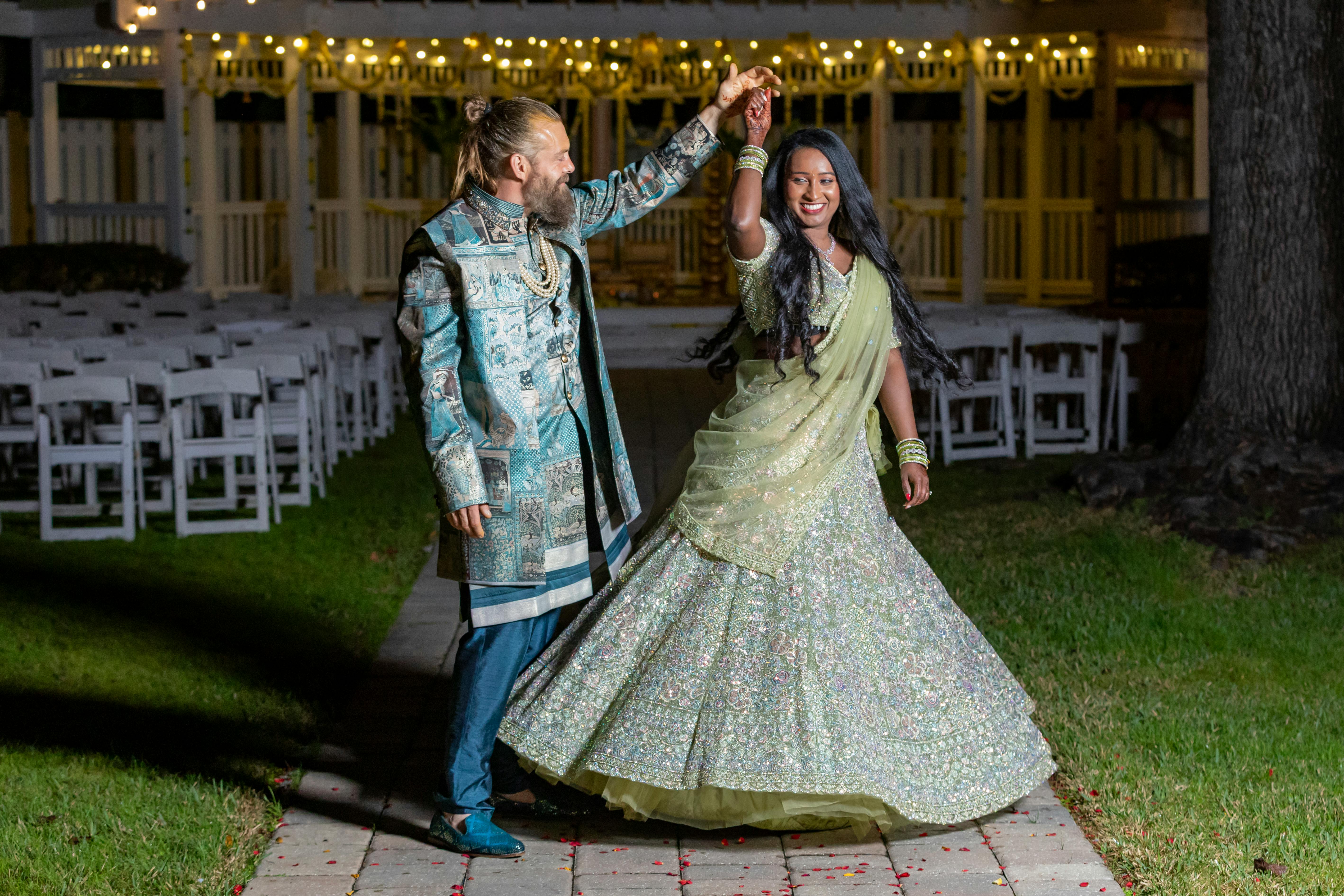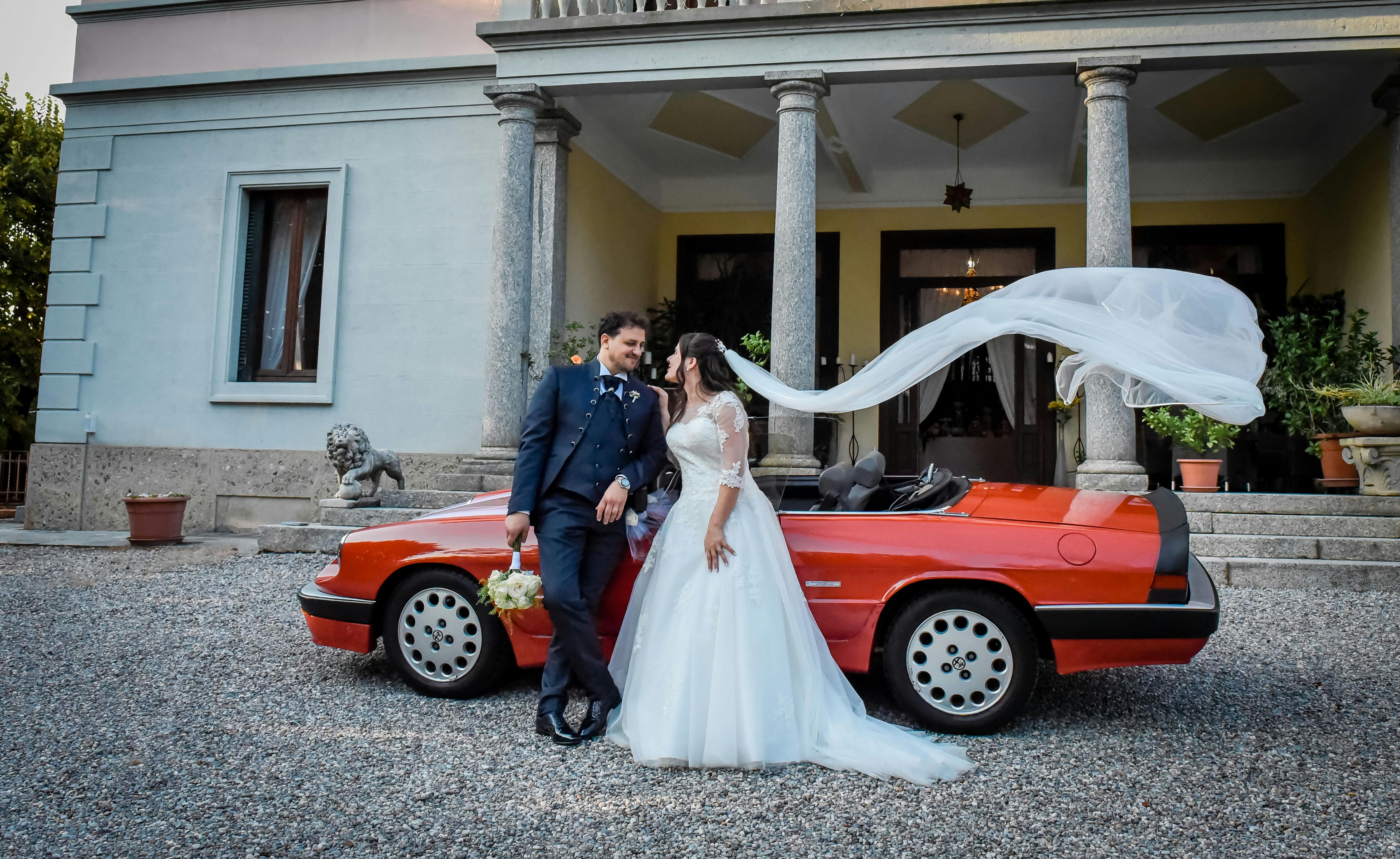How Much to Tip Your Wedding Vendors in 2025: The Definitive Guide
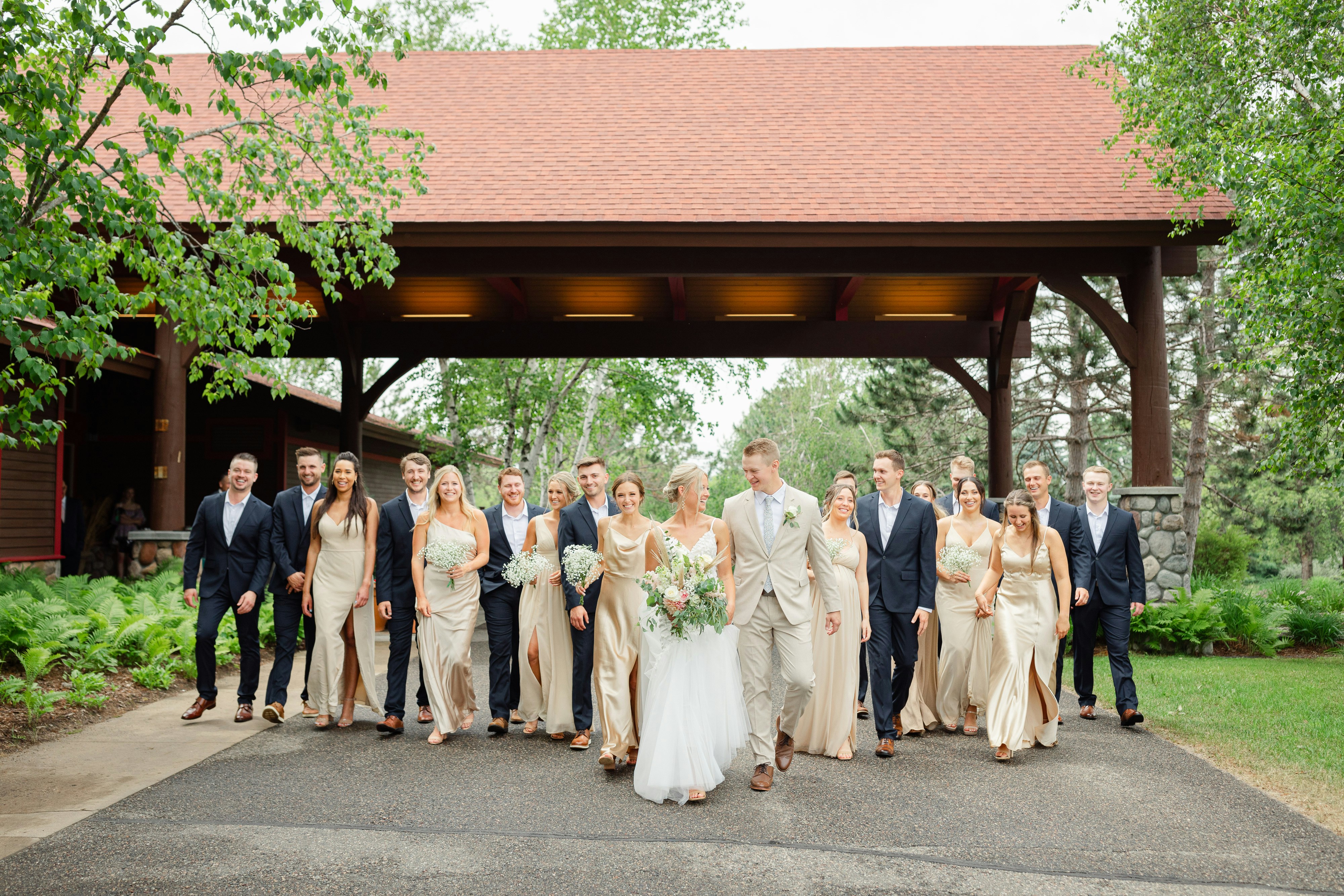
One important thing that is often overlooked as you are creating your wedding budget: tips for your vendors. From your photographer and florist to your makeup artist and DJ, countless pros put in a lot of effort to make your dream a reality.
“Tipping is not necessary, but is a very good way of saying, ‘You killed it,’” says Maya Ellington, senior event producer at Marlowe Events. “It’s a thoughtful gesture to appreciate those who went the extra mile in heart, effort and professionalism. Tipping some vendors — like drivers, caterers or hair stylists — is more customary, she points out, while others, such as planners and photographers, leave more room for flexibility.
Because there’s also no hard-and-fast rule book when it comes to tipping, consider the value each vendor brought to your big day. “Consider how long you worked together, the quality of service, overall cost and how many people were in the team,” says wedding planner Rachel Park.
And don’t forget that some tips may be built in to vendor contracts. “Review the agreement before being tempted to be involved in the exchanges,” etiquette expert Nadine Barrett says. “Service charges and gratuities are not the same thing — don’t confuse this or you’ll end up double tipping.
Here, a detailed breakdown of whom to tip and when and how much can be of service, according to expert advice.
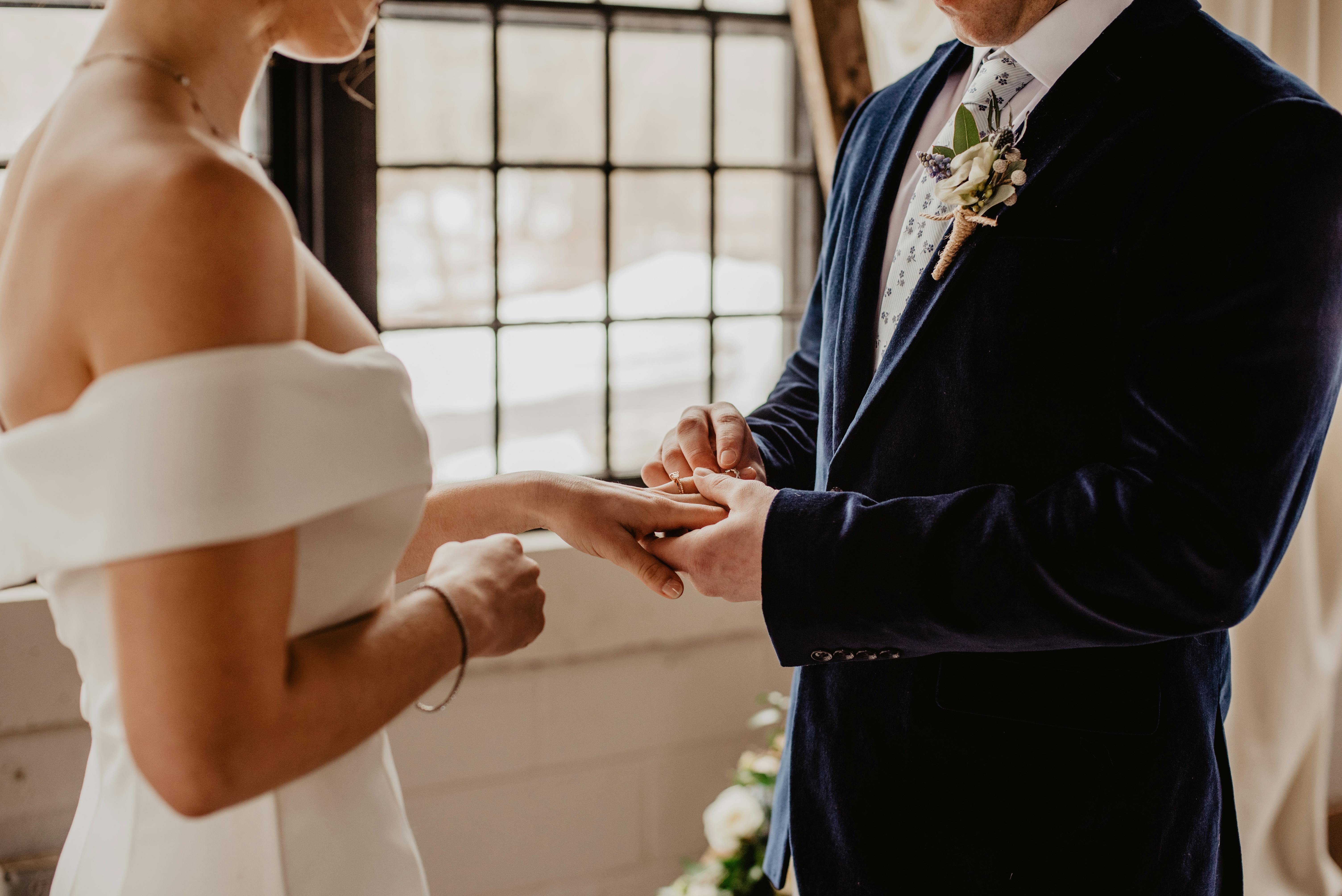
When to Tip Your Wedding Vendors
Timing matters. “We always suggest pre-stamp and address your tip envelopes, so it’s one less thing to think about on the big day,” says Ellington. “Then, delegate a delivery person you trust — a family member, planner or close friend — to distribute.”
Here’s a rough guide on timing:
- During the service: Hair and makeup artists, drivers, musicians, bartenders, delivery teams
- After the event is over: Photographer, videographer, DJ, on-site coordinator, venue staff
- After the wedding or by mail: Wedding planner, florist or vendors that do more than just the wedding day
Officiant
A tip of about $350 for a professional officiant is generous. If a clergy member is presiding, offer to donate to that person’s place of worship instead. In case of courthouse ceremonies, tipping might not even be legally allowed — check local regulations.
Photographer and Videographer
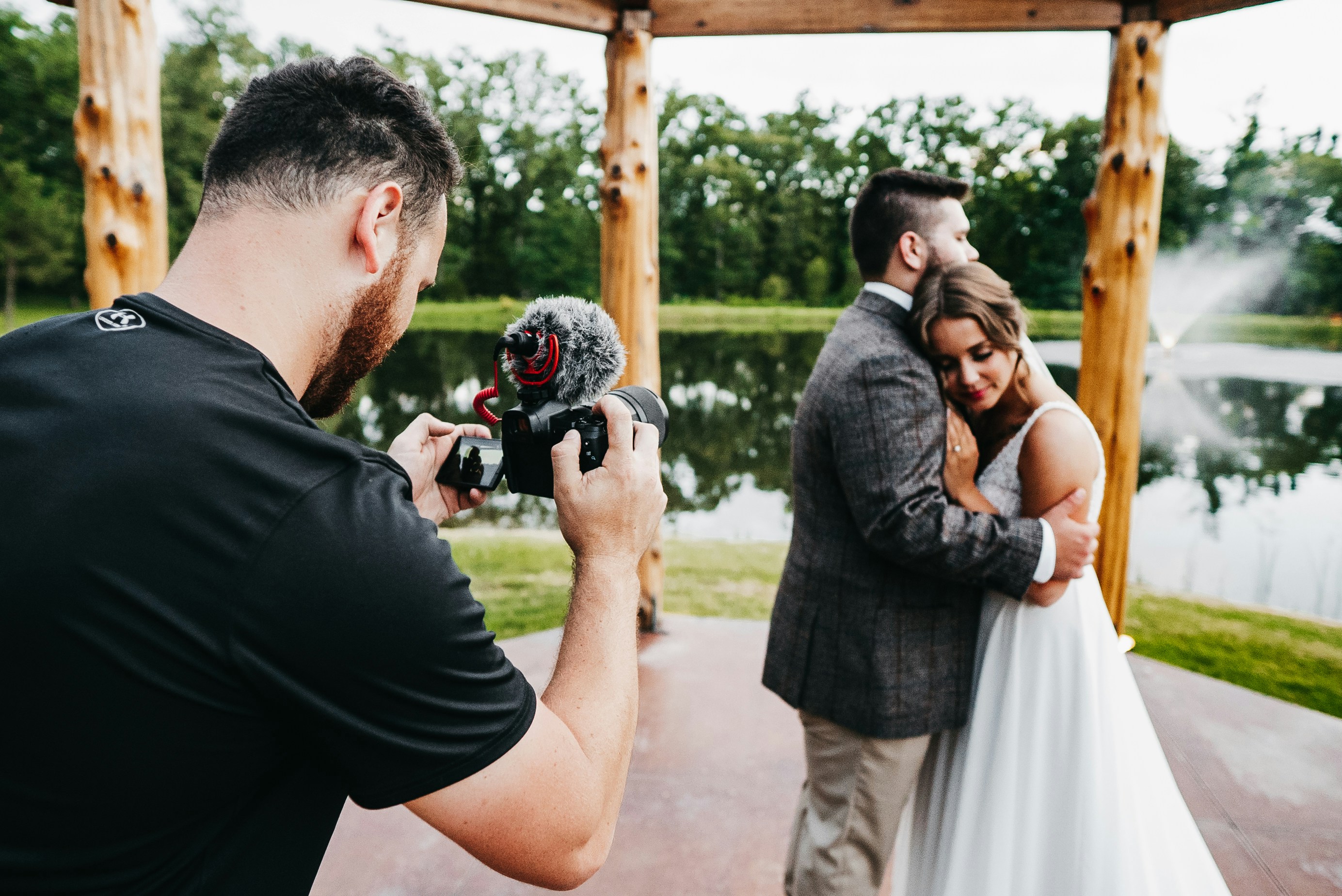
Tips aren’t necessary, but certainly welcome. “About half our clients tip us, traditionally 5 to 10 percent,” says the photographer Alex Monroe. For second shooters or assistants, 3–5% is a lovely token of appreciation.
Caterer and Waitstaff
“Service charges in contracts—frequently 24–26%—are not tips,” notes Ellington. Make sure you know how your venue compensates staff. A $100 tip per server would be generous — if tipping is appropriate.
Bartenders
Bartenders are typically included in catering packages, but if there is no gratuity included, a good rule of thumb is to tip $150 per bartender. “Bypass the tip jars — it’s more classy and organized to do all gratuity directly,” says Ellington.
Hair and Makeup Artists
Tip 18 – 22% of the total service, as you would at a normal salon visit. You can arrange tips, if you are charging them, or you might include the figure in your individual totals and make sure your wedding attendants are all aware that they should show (up) with money in hand.
Musicians and DJ
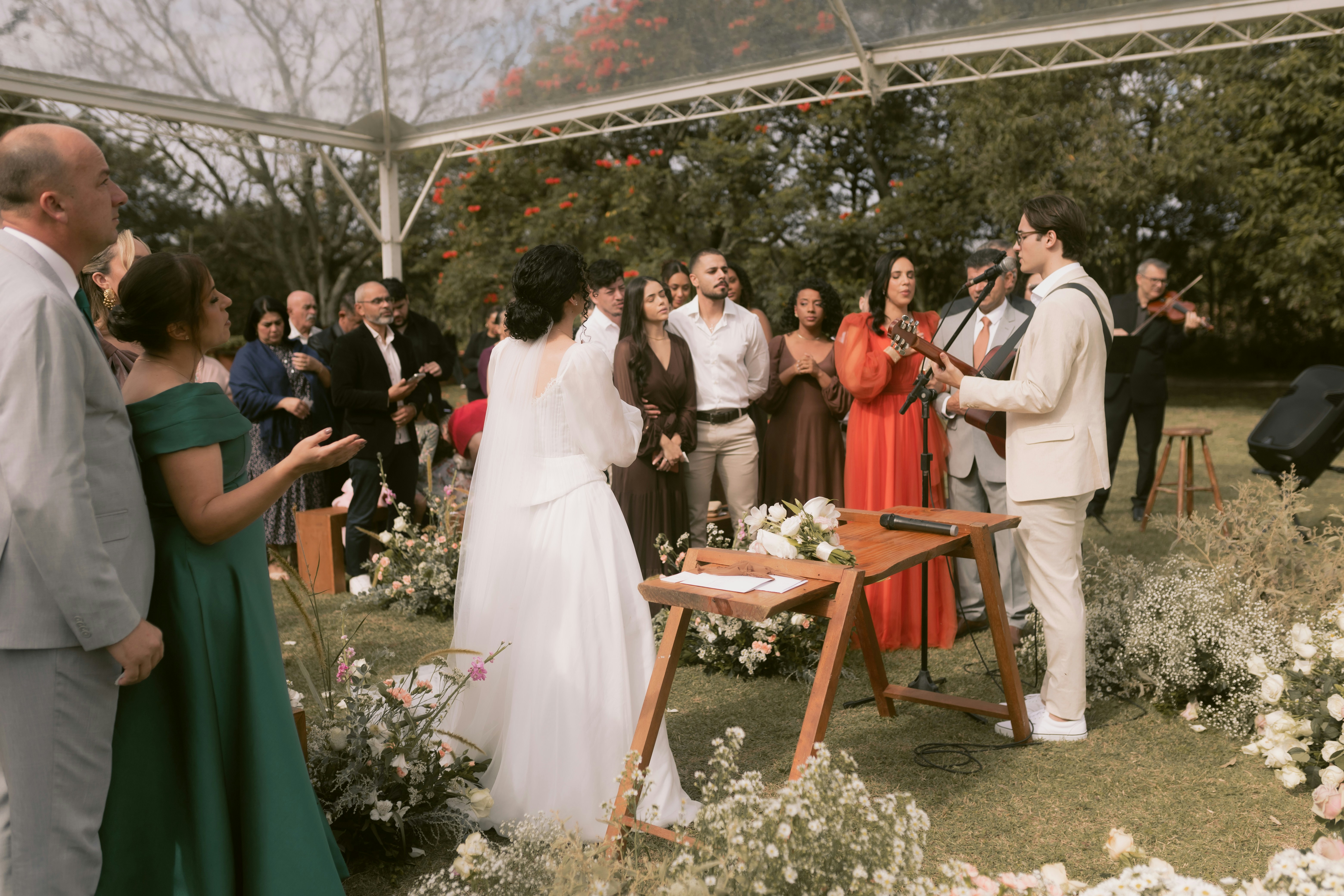
For ceremony or cocktail-hour musicians, the standard is about $75 per performer. If you’re hiring a DJ, tip 5–10% of the total fee, especially if they did a great job reading the room or running with special announcements.
Drivers and Chauffeurs
Tips are included in the final bill by many transportation services. If not, a good rule is 15 – 20% of the amount before taxes. Ellington recommends $30 an hour for chauffeurs.
Delivery Personnel
For the flower, furniture and cake deliverers, or any decor-related staff, tip $25-$50 per person, based on the intricacy and quality of service.
Venue Staff
In advance, inquire how your venue deals with gratuities for banquet managers, chefs, parking attendants and restroom and coat-check personnel. If gratuities are at your discretion, budget for 15 to 20 percent of the entire bill, which should be shared with staff. Employees should be told not to take tips directly from guests.
Florist
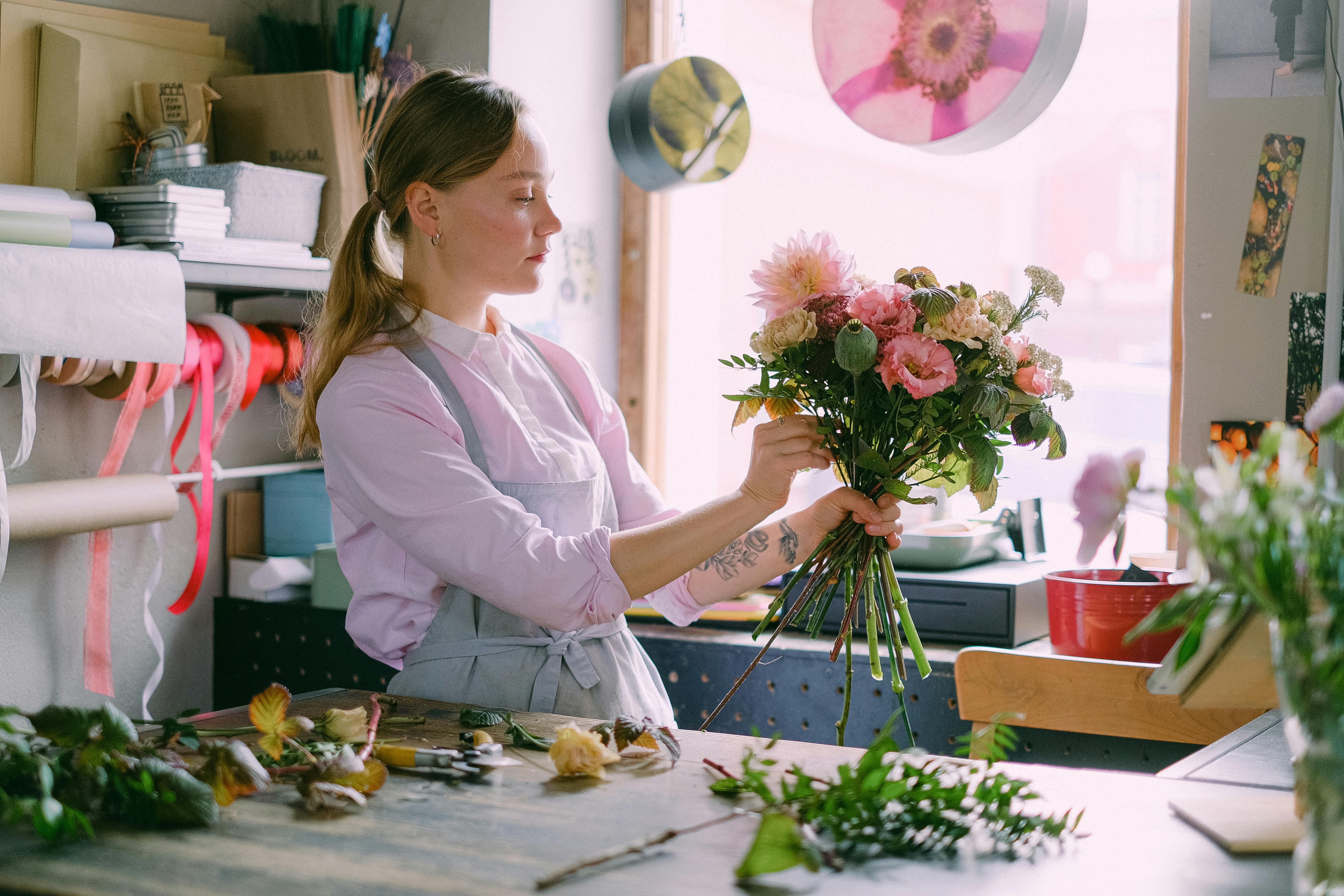
You’re not expected to tip your florist, but if your wedding florist goes above and beyond or designs something out of the ordinary, $500 to $1,000 is a nice gesture.
Wedding Planner
If your planner was hands-on all the way through, $500 to $1,000 is a wonderful way to express gratitude. “Even if someone just sends a heartfelt thank-you card or a gift with meaning, it means so much,” Ellington says. Assistants can be tipped $50 to $150, depending on the extent of participation.
On-Site Coordinator
For venue or hotel coordinators who supervised day-of logistics, the accepted amount is typically $100 to $200. If there were assistants around, think about $25\-50 each.
Final Thoughts
You may not have to tip, but it’s an important way to express thanks — especially when vendors have gone above and beyond. Include it in your budget along with the rest of your vendors in the beginning, be clear in your communication, and follow these tips to the value of what your team brought to your day.

